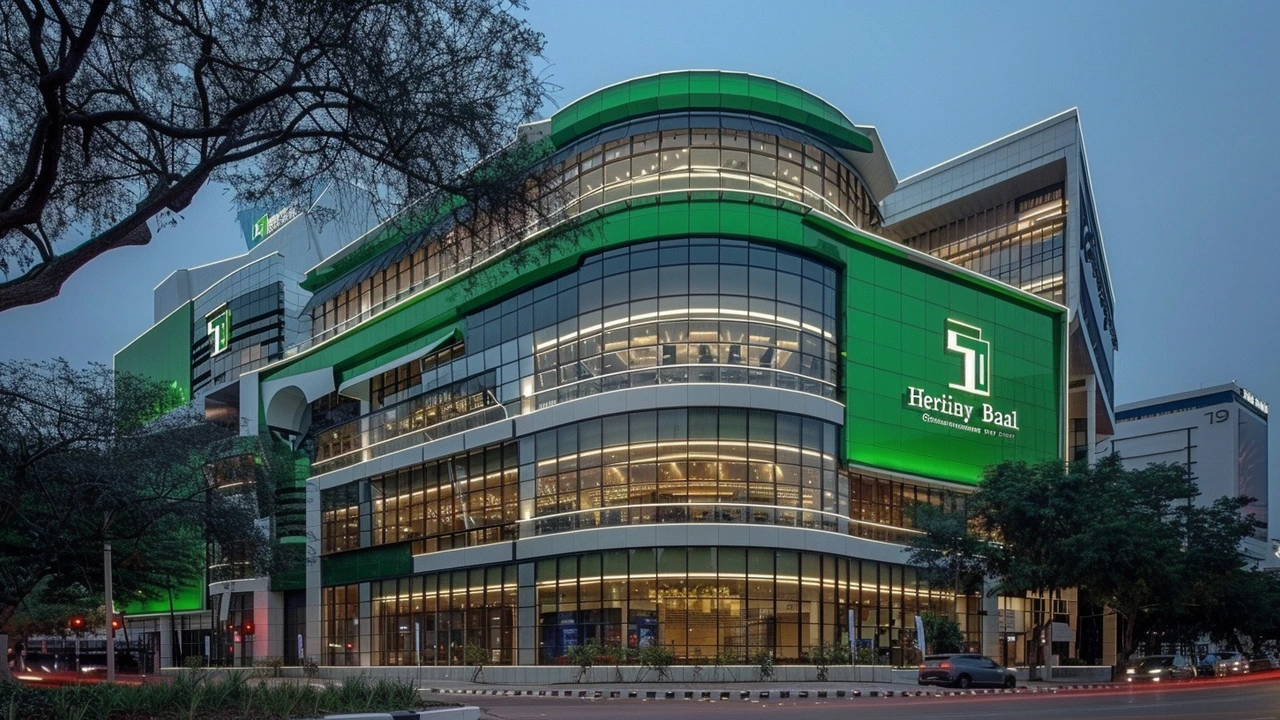Bank License Guide: Getting Your Banking Licence in South Africa
If you’re thinking about starting a bank or expanding an existing financial service, the first hurdle is the banking licence. Without it, you can’t legally take deposits, lend money or offer most financial products. This guide walks you through what a licence is, why it matters and how to secure one without getting lost in paperwork.
What a Bank Licence Is and Why It Matters
A bank licence is official permission from the regulator – in South Africa that’s the Prudential Authority under the South African Reserve Bank. The licence tells the market you meet strict standards for capital, risk management and governance. With it, customers trust you with their money, and you gain access to payment systems, clearing houses and other essential infrastructure.
Key Requirements You Must Meet
The regulator looks at three big areas: capital, fit‑and‑proper directors, and a solid business plan. You’ll need a minimum amount of equity – usually several hundred million rand depending on the type of bank you want to run. Directors must pass background checks, show relevant experience, and have no serious criminal or financial misconduct.
Your business plan should detail how you’ll make money, manage risk, and grow responsibly. Include market research, projected balance sheets, and clear policies for anti‑money‑laundering (AML) and customer protection. The clearer your plan, the smoother the review process.
Next up is the application form itself. It’s a long document that asks for corporate structure, ownership details, governance frameworks, IT systems, and more. Fill it out honestly and double‑check every figure – errors can delay approval by months.
Once you submit, the regulator will review your paperwork, then request a meeting or site visit. Be ready to answer questions about how you’ll handle liquidity shocks, cyber security threats, and regulatory reporting. Showing that you’ve thought through these risks builds confidence.
If everything checks out, you’ll receive a conditional licence. The conditions usually involve meeting certain capital thresholds within a set time, hiring qualified staff, and installing approved compliance software. Meet those milestones fast to avoid having the licence revoked before you even start operating.
Costs can add up – application fees, legal counsel, consulting, and the capital you must hold. Expect to spend anywhere from R1 million to several million rand depending on your business size. Budget for these expenses early so they don’t surprise you later.
Finally, keep in mind that banking is a heavily regulated industry. Ongoing compliance isn’t optional; it’s part of the licence agreement. Regular audits, reporting to the Prudential Authority, and staying updated on new regulations will keep your bank running smoothly.
Getting a bank licence may feel daunting, but breaking it down into steps makes it manageable. Start with solid capital, assemble a qualified leadership team, draft a detailed business plan, and stay transparent with regulators. Follow these basics, and you’ll be on the right track to launch a trusted financial institution in South Africa.
The Central Bank of Nigeria has revoked the license of Heritage Bank due to persistent financial struggles and a bleak outlook for recovery. Heritage Bank, established in the late 1970s, has faced numerous challenges over the years, leading to its current dire situation. The Nigeria Deposit Insurance Corporation has been appointed as the bank's liquidator.
